 |
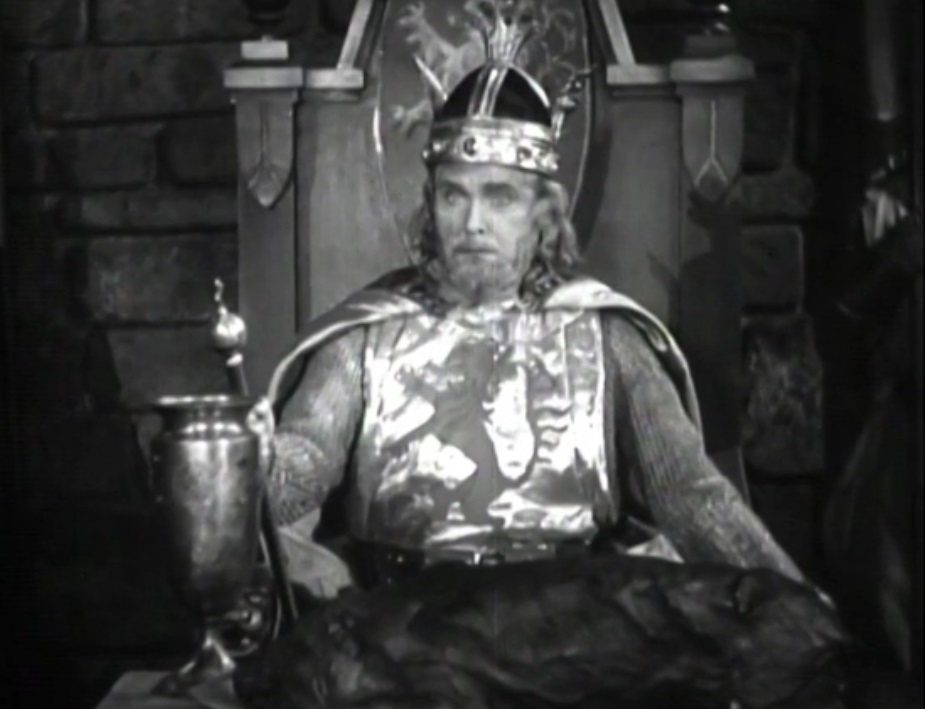 |
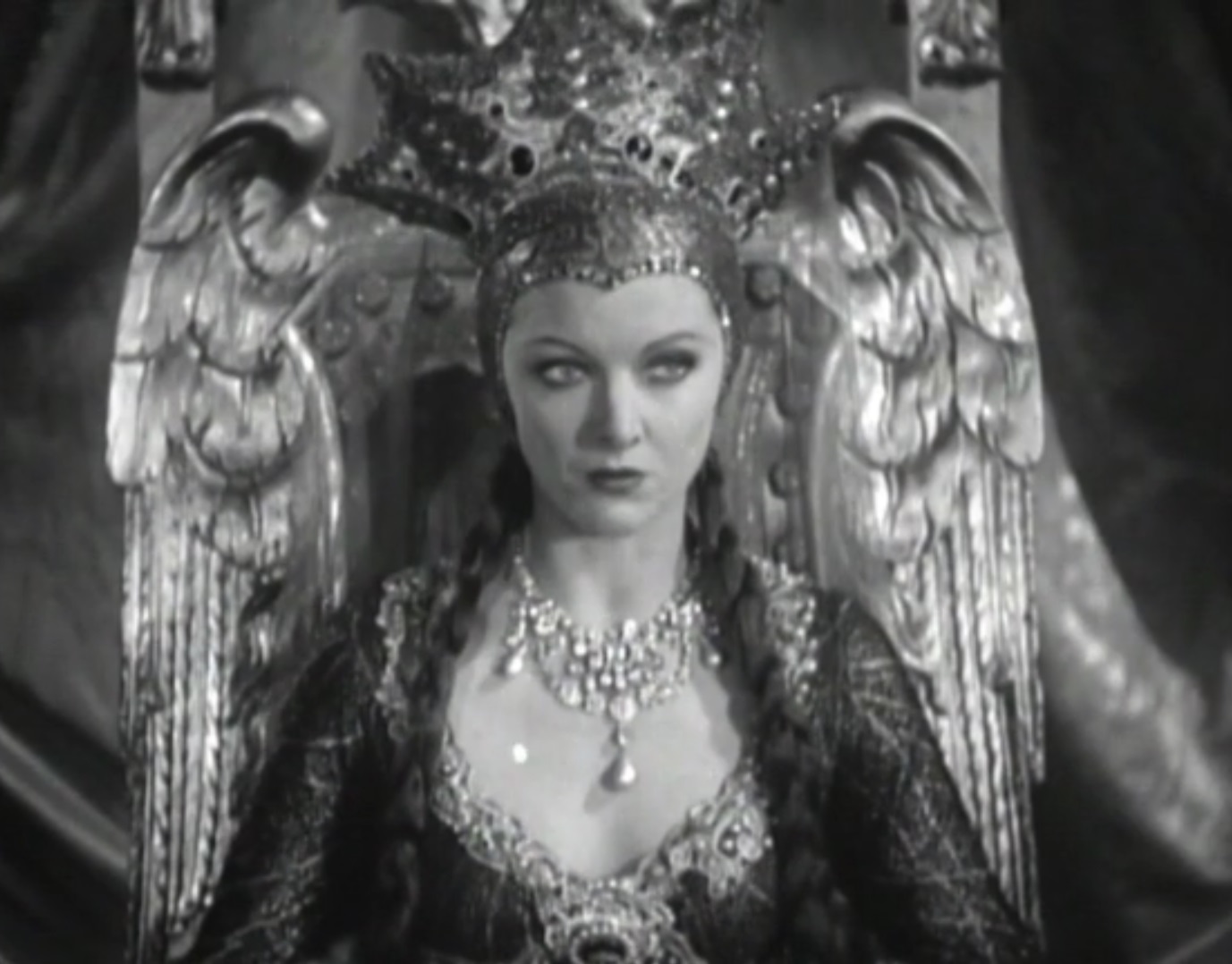 |
| Hank Martin/Sir Boss Will Rogers |
King Arthur William Farnum |
Morgan le Fay Myrna Loy |
| Released by Fox Directed by David Butler Run time: 95 minutes |
||
A Connecticut Yankee: A Good Knight
“Canst thou tellest me where the hellest I am?”
Electrician Hank Martin (Rogers) is tasked with visiting a creepy castle on a dark and stormy night– out in rural Connecticut, naturally. After seeing a few mysterious people lurking about, Rogers meets a man obsessed with using his radio to tune into the past. (Hank ryely comments, “What Cleopatra said to Mark Antony wouldn’t make bad listening either!”) When they get their dial to King Arthur and the Round Table, Hank is knocked on the head and instantly sent back to the Middle Ages.
Using his knowledge of an upcoming solar eclipse, he quickly becomes the right hand man of King Arthur (Farnum), taking on the honorific of Sir Boss and frustrating the scheming Merlin (Brandon Hurst). Suddenly, medieval Britain is looking more like 1930s America, with telephones, factories and radio announcers doing play-by-play for the local jousting competitions. Messenger girls are chewing gum and rushing about on roller skates. Frankly, it’s all higgledy-piggledy.
After Hank defeats a rival knight on horseback with a few lassoing tricks, he and Arthur head to the kingdom of Morgan le Fay (Loy) to rescue the princess (Maureen O’Sullivan in a small part). They’re captured, and Hank has to try and romance le Fay to save him and his cohorts from certain death.
A Connecticut Yankee is a lighthearted adaptation of Mark Twain’s 1889 novel. A lot of effort was made to trim down the narrative, update it to 1930s sensibilities, and also jettison many of Twain’s swipes at religion and industrialization. While there certainly would be room for more pointed satire (and may well have been– see the Trivia section below), the film makes a few salient points, giving medieval England its own taste of World War I by film’s end.
Spoilers.
Hank’s industrialization plans has gotten Arthur’s kingdom up to the technological point where they have tommy guns, helicopters and bombs which are used to absolutely massacre le Fay’s men and ransack her castle. (Just on a personal note, this sequence feels like several games of Sid Meier’s Civilization that I’ve played.)
We see Hank run back into a collapsing castle to rescue le Fay’s prisoners while the rest of the medieval knights gallop (or drive) away gleefully. Hank’s own decisions and influence has unleashed mass destruction and he momentarily attempts to redeem himself in a noble act, even if the movie is too wobbly to make any serious comment besides the evolution of morality over the centuries.
End spoilers.
The film is also sprinkled with then-contemporary political references to fit in with Rogers’ gentle but jabbing political humor. When asked what title he wants to take in court, he smiles, “I’m sorta like Mussolini– I don’t want a title. I just want to be the boss.” Later, when finding an assemblage of knights and King Arthur preparing to go off on the crusades, he jokes, “I didn’t know you and the Ku Klux was holding a conference!”
Both of these references are probably a little off-putting now (less so than the jokes Rogers makes about himself being a Democrat), but they offer an interesting glimpse into a time where the Ku Klux Klan was an object of gentle satire and Mussolini was just a tough man who was seen by many– including many Americans– as a very effective leader.
Will Rogers, salt and pepper hair and sweet smile, is pretty laconic here. His future screen performances would involve a lot less of staring at the ground, rubbing the back of his head. The way Rogers plays him makes Hank Martin less your prototypical pre-Code wise guy, but a clever imperfect soul. While Hank is smart mechanically, it doesn’t suddenly make him a master manipulator. He remains very human and silly, keeping the character rather endearing even as he often doesn’t think through the consequences of his actions.
(A brief aside: the scene of the film where Hank is about to be burned at the stake and he lights a match on his own restraints and starts puffing on a cigar was, I think, nicely badass. One of the great ‘what-ifs’ of history I toy with would be if Rogers had lived past 1935, what kind of roles he would have moved into; film noir star seems deeply unlikely, but I do think there could have been a fantastic movie made where he lassoed himself up a ton of Nazis.)
Farnum is loud and boisterous as straight man Arthur, while Myrna Loy absolutely lights up the screen in her portrayal of the vampish le Fay. This is yet another pre-1934 Loy character who gets off torturing people (see also: The Mask of Fu Manchu) which is still so funny to see her, of all movie stars, typecast in that way.
With several impressive, expansive sets and atmospheric scenery, the film really does an impressive job of transporting the audience, especially for the still-clunky period of films form 1931. The movie may be too gentle and unfocused for modern audiences, but Rogers, still sussing out his talkie presence here, is so darn affable that it’s hard not to enjoy the fantasy of it all.
Screen Capture Gallery
Click to enlarge and browse. Please feel free to reuse with credit!
Other Reviews, Trivia, and Links
- The current print in circulation– for streaming, purchase and on everyone’s favorite cable channel– is from the 1936 reissue of the film. (You can tell because it has the 20th Century Fox logo attached; in 1931, this would have been a Fox Films release, as it wouldn’t merge with Twentieth Century Pictures until 1935.) This available version runs 85 minutes, though other sources list it at 95 minutes. In my typical digging, I’ve found no references to what material was cut, though I would love to find out. I have a gut feeling it has to do with religion and the crusades since that’s brought up in the available print and almost immediately dropped, but, as always, I could be wrong.
- As the AFI notes relate, “The name “Sir Rogers de Claremore,” used in the film for the supposed ancestor of the character played by Rogers, refers to Rogers’ real hometown of Claremore, OK.”
- The TCMDB article by Jay Carr talks about Will Rogers’ life and how he ended up here.
Rogers, a real cowboy who grew up on his family’s ranch, began his showbiz career in Wild West shows as a lariat virtuoso, worked jokes into his routines, much as W.C. Fields, who began as a juggler, did. By the time of A Connecticut Yankee, Rogers had dozens of films under his belt, some with such self-descriptive titles as Cupid the Cowpuncher (1920), The Ropin’ Fool (1922) and The Cowboy Sheik (1924). People loved his barbed but never vitriolic one-liners delivered in an aw-shucks hayseed fashion that blinded nobody to their shrewd, bemused skepticism – a quality that never fails to win American audiences, especially when applied to so-called political life.
- The New York Times lacks a review for this one but does have a puff piece (probably directly from the film’s press kit) that talks about the various aspects of the film that have been updated from both Twain’s original story and the silent 1920 screen adaptation.
- A contemporaneous review from Modern Screen.
- In the original prints for this film, Will Rogers would actually blush red during his encounters with Morgan Le Fay. For those technically fascinated by real film stock, here’s a detailed discussion of the Handschiegel and Pathechrome color process from the “Journal of the Society of Motion Picture Engineers” that allowed Fox to do this.
- One of a handful of pre-Code time travel movies, including Turn Back the Clock and Berkeley Square. From what I recall, this is the only one that specifically worries about what happens if you off your great-great-(etc) grandfather.
Awards, Accolades & Availability
- Here is the film’s Just Watch page for where it is available online. This film is available to stream on Amazon.
More Pre-Code to Explore
 |
 |
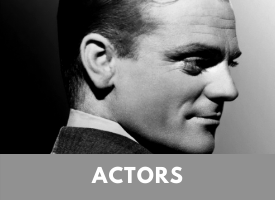 |
 |
 |
 |

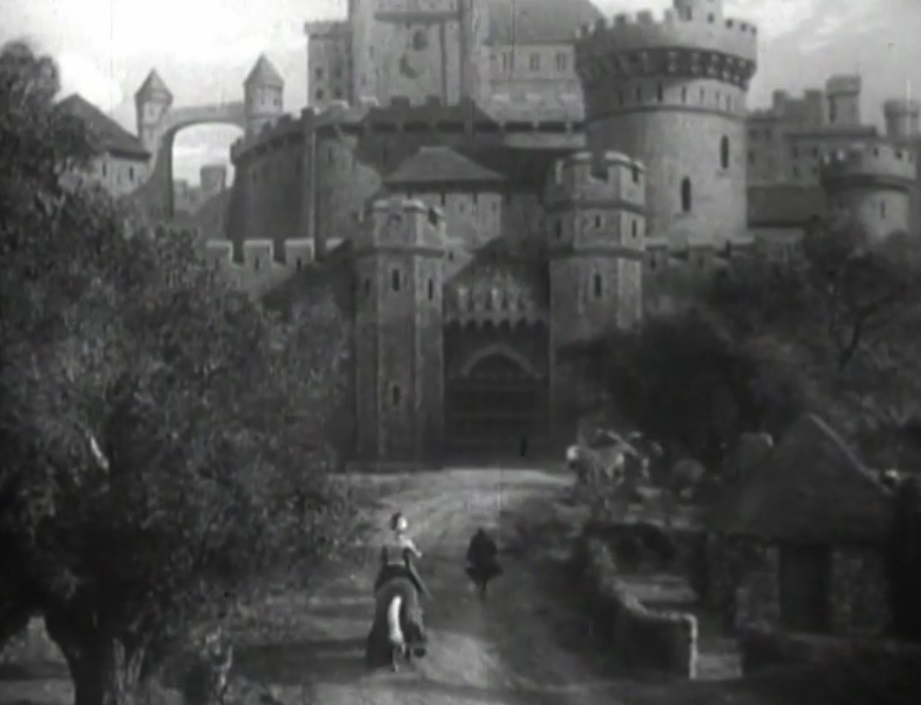
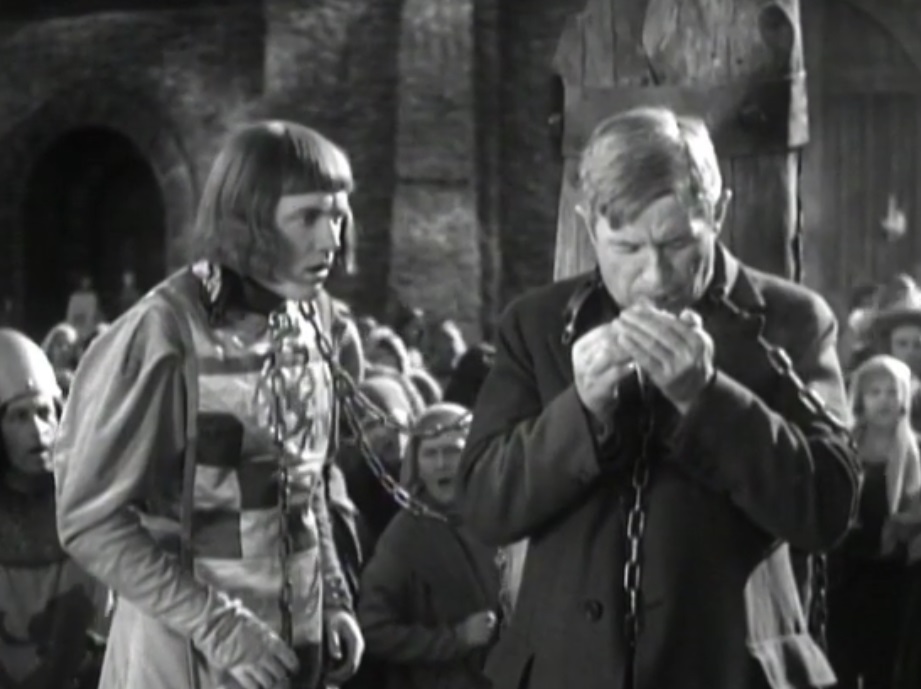
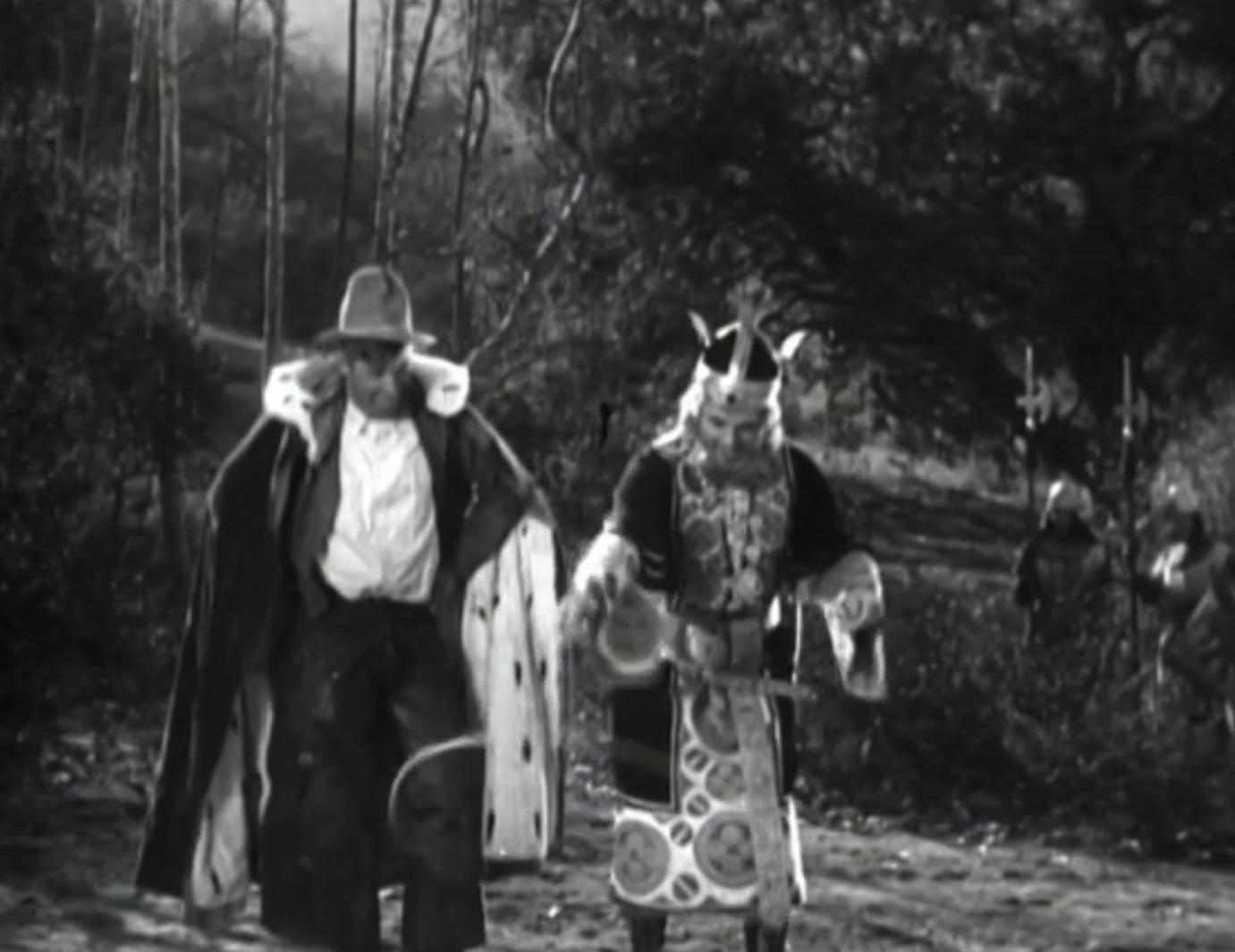
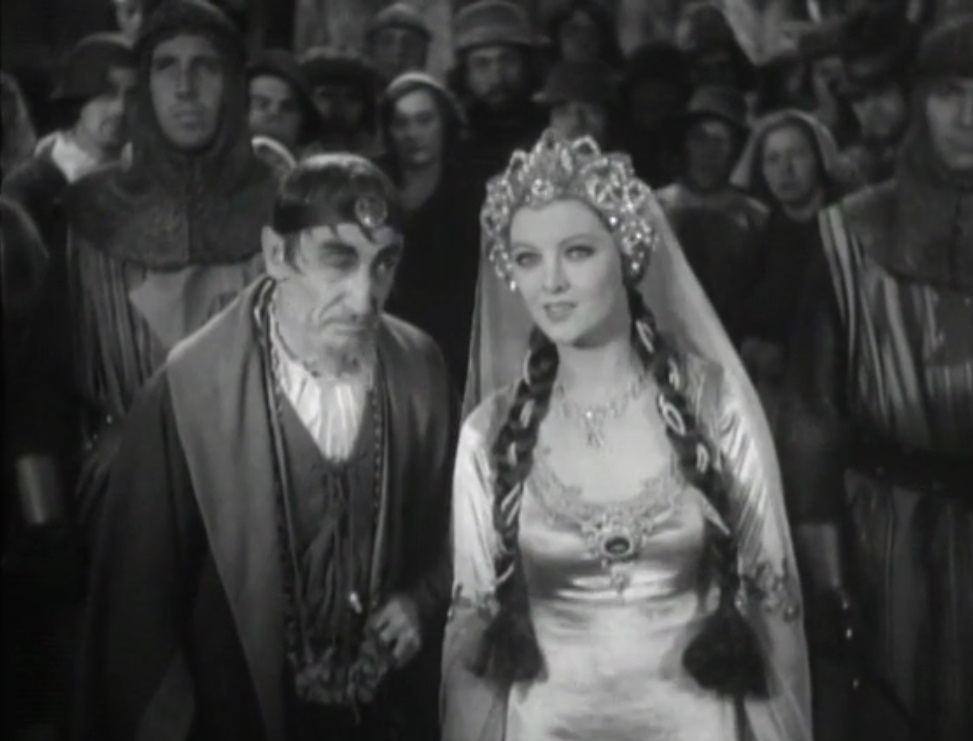
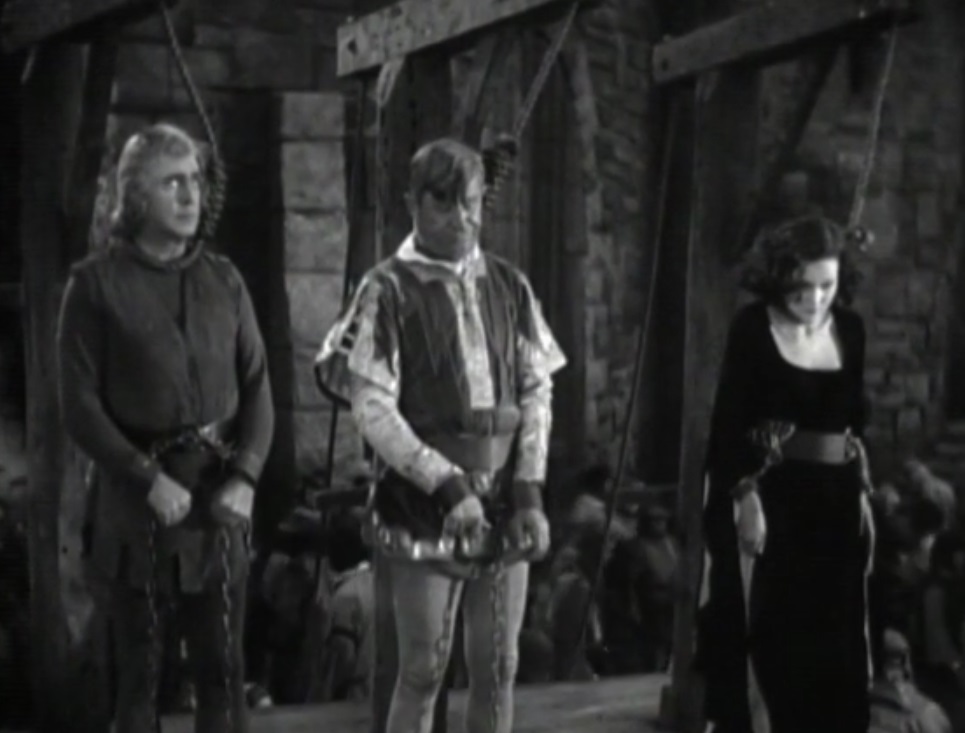
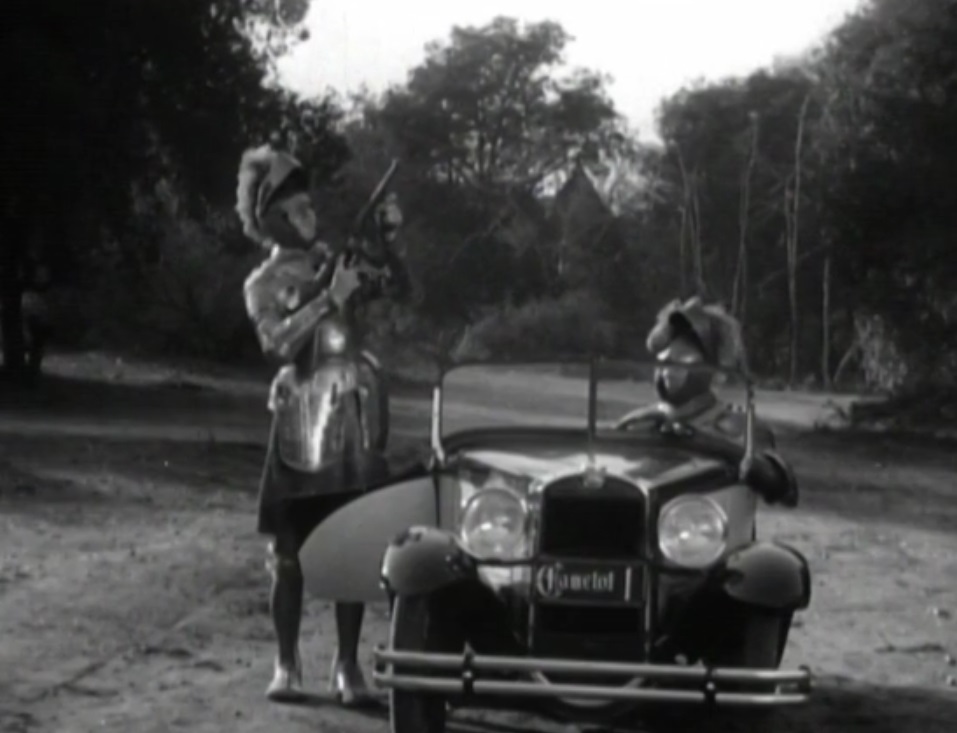
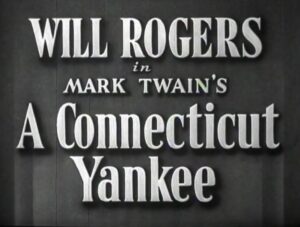
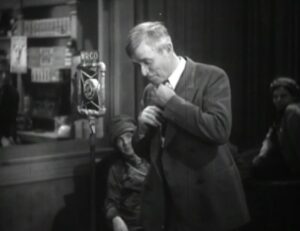
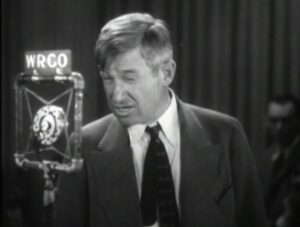
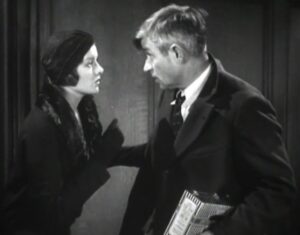
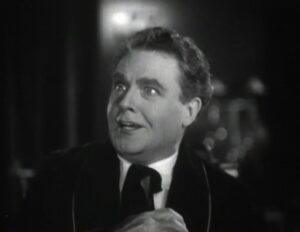

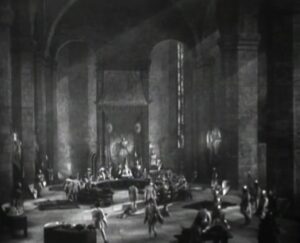
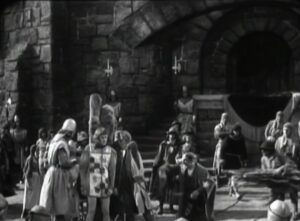
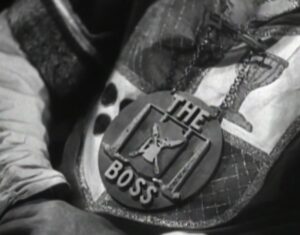
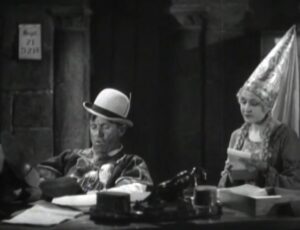
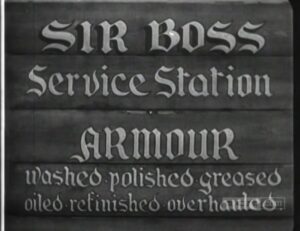
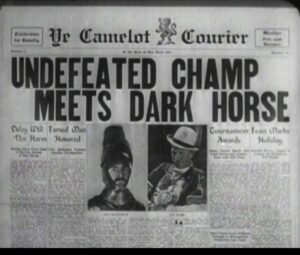
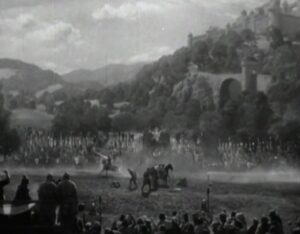
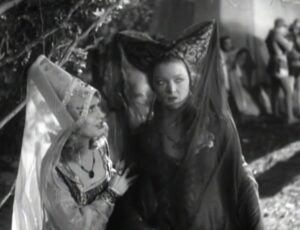
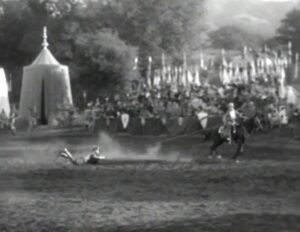
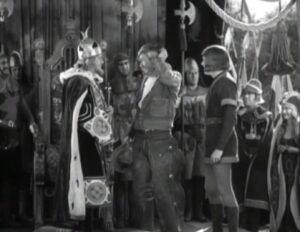
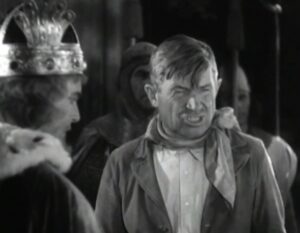
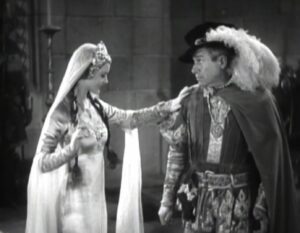
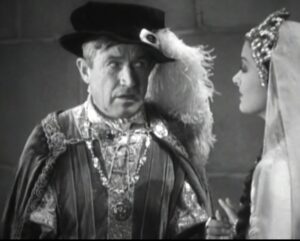
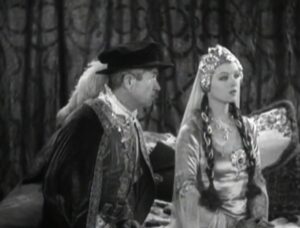
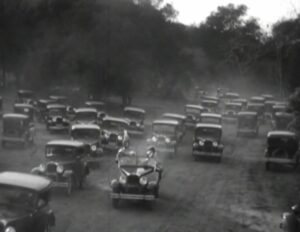
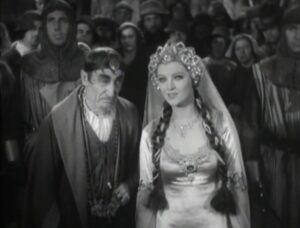

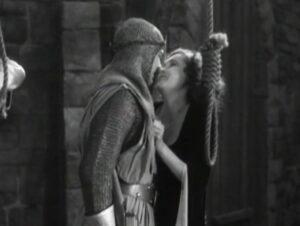
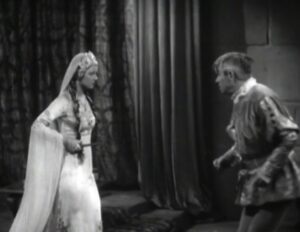
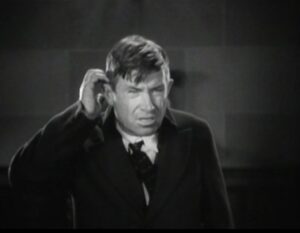
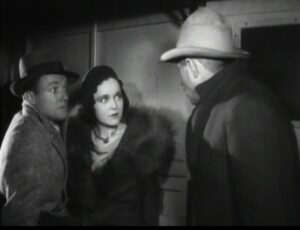
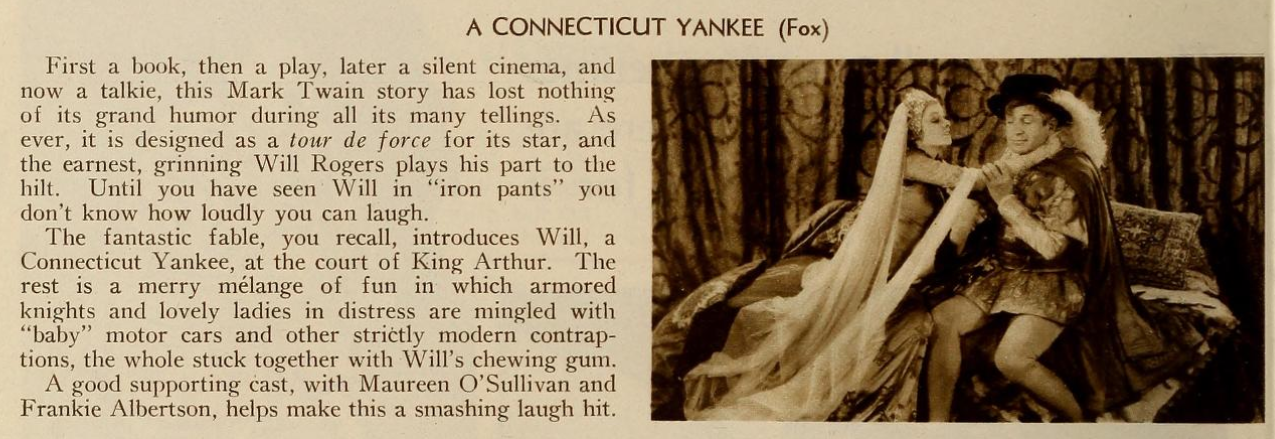
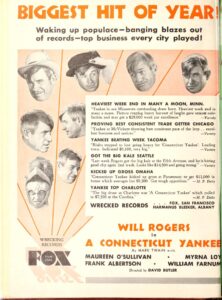
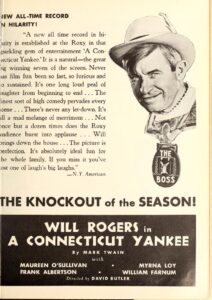
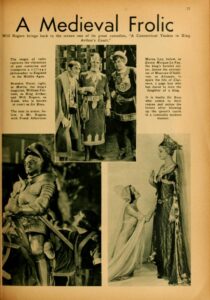



2 Comments
Dave · March 26, 2021 at 1:23 am
No review? Au contraire! Our pal Mordaunt reviewed it on April 11: https://timesmachine.nytimes.com/timesmachine/1931/04/11/97845631.pdf?pdf_redirect=true&ip=0 He seems to have liked everyone but Farnum.
For my own assessment, this movie has haunted me since the last time TCM played it (before the more current airing). I recorded it, and my DVR went belly up trying to show it to me. I couldn’t get past one point without the whole thing shutting down. I tried it again this time and am hopeful I don’t achieve the same results.
Fawcett, Jerry · March 28, 2021 at 11:07 am
It’s a shame that Fox has never released A Connecticut Yankee on DVD as it was released on VHS under the CBC/Fox label (Reissue edition). Many other of Rogers’ films were released in 2 Fox DVD packages, however, this film and State Fair were sadly and incoherently overlooked.
Comments are closed.